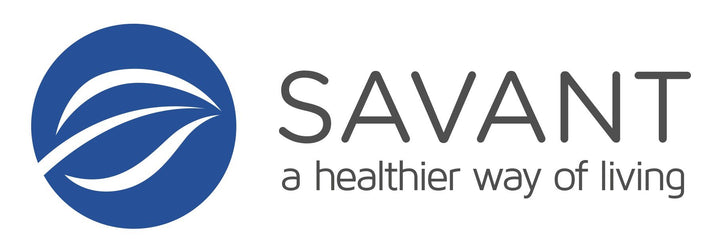
The Importance of Sustainable Krill Based Products
As we become more aware of the environmental challenges that impact our planet, the importance of producing sustainable and eco-friendly products become more apparent.
At Cleanmarine, we are committed to ensuring the sustainability of our oceans. All Cleanmarine products contain krill oil, and we ensure the krill is sourced ethically and sustainably.
People are also becoming more aware of the critical importance of maintaining the ecosystem of the ocean, and they are also aware that products derived from the oceans can potentially contain harmful properties. This is why omega-3 products that can demonstrate responsible harvesting and fishing practices with minimal processing and natural components have such a strong appeal.
What Makes Cleanmarine Krill Oil Sustainable?
The krill oil used in the Cleanmarine range is harvested from the cleanest waters in the Southern Ocean around Antarctica. Krill is a sustainable source of omega 3, in part because krill is bottom of the food chain and is available in abundance, which means it can be harvested by fisheries without disrupting the ecosystem. Additionally, because krill is bottom of the food chain, it doesn’t contain any harmful heavy metals.
Krill oil fisheries are heavily regulated and are regulated more stringently when compared to other types of fisheries. The krill oil used by Cleanmarine is harvest by Aker Biomarine, which is renowned for being the most ethical fishing company in the world. Aker Biomarine have an ‘A Rating’ from the Sustainable Fisheries Partnership (SFP) and is the only fishery to do so.
Every catch made by Aker Biomarine is reported to the Commission on the Conservation of Antarctic Marine Living Resources (CCAMLR), which is a regulatory body that use a precautionary, ecosystem-based approach designed to prevent krill-harvesting that will have a negative impact on a harvested species in the environment.
Aker Biomarine use an Eco-Harvesting method that ensures less than 0.001% bycatch. The Eco-Harvesting method used reduces the sea life that is put at risk when fishing for krill. Some fisheries have been at the centre of attention for producing too much bycatch, however, Aker Biomarine have one of the best reputations for reducing bycatch through the Eco-Harvesting method they have implemented.
Additionally, every batch of Cleanmarine can be traced back to the exact place where the krill was caught through the catch locator. Cleanmarine is committed to ensuring the products produced are as eco-friendly and sustainable as possible. And whilst the harvesting methods used by Aker Biomarine are great, there are plans to increase sustainability going forward.
What Plans does Aker Biomarine Have for the Future?
Having already implemented the Eco-Harvesting method and cutting Co2 emissions during krill production by around 50% over the past 10 years, Aker have their sights set on further sustainability goals. Ambitiously, the company plan to reduce Co2 by a further 50% and reach net-zero carbon emissions by 2050.
In order to meet such lofty ambitions, Aker plan to use green ammonia to power their vessels and improve their production processes. Green ammonia is thought to be the most promising sustainable fuel for the shipping industry. Currently, Aker uses a vessel that has a hybrid engine, but they will be aiming to move to a vessel that runs entirely on green ammonia in the near future.
They are also planning to reduce fuel consumption when locating krill by instead utilising drones to search for fishing spots. Additionally, Aker has signed seven more sustainability commitments in order to reduce carbon intensity when producing krill. Included in these commitments is a pledge to ensure full circularity on all principal waste streams, which will contribute to a billion extra servings of seafood.
